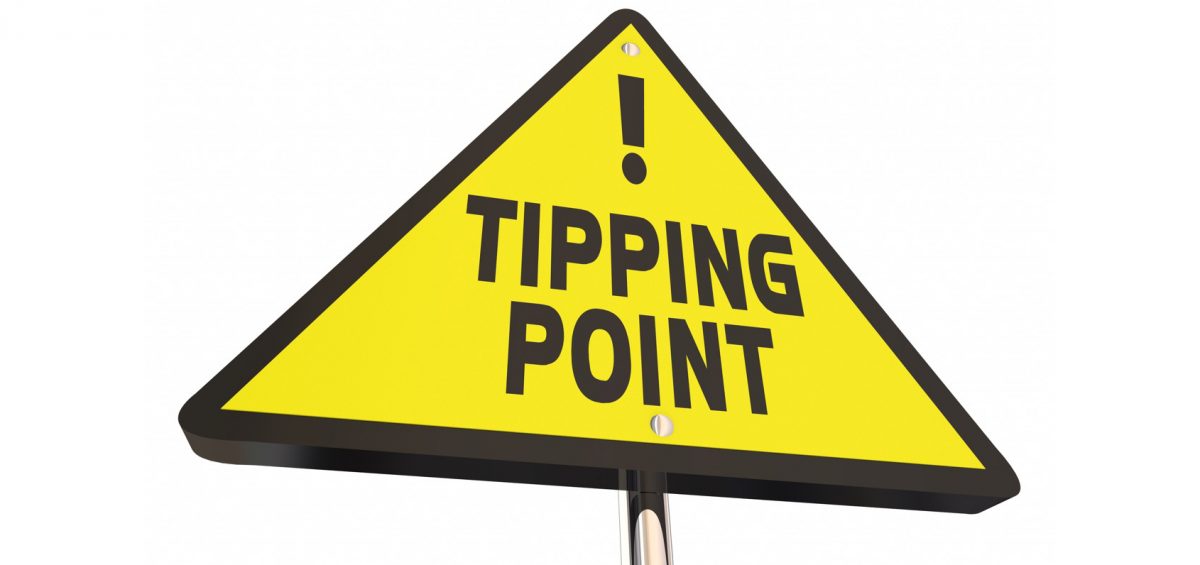For over a year now the Eurocracy has tried to put Humpty-Dumpty together again, to somehow restore belief in the solvency of the European welfare state, which is ultimately the real issue at the core of the current malaise rather than just the problems of the more recklessly extravagant periphery. The Greek state cannot live within its means but neither can any of the others. Meanwhile, over at the global superpower, the public is slowly waking up to the fact that this government, too, is going bust, thanks to out-of-control entitlement programs, expensive bailouts, and the suicidal policy of everlasting peace through everlasting war. For the past six months, all of the United States government’s issuance of new debt has been bought by its compliant central bank and paid for by the printing press. As the politicians of this empire in decline are fiddling on the aptly named Capitol about a few billion in savings here and a few billion there, trillions are getting burned by the unstoppable state machinery. And over in Albion, the hotly debated “savage” cuts in public spending still seem the figment of tabloid imagination as they have so far not prevented the country from accumulating another £145 billion in debt over the past 12 months.
No wonder the world’s leading state paper currencies are locked in a deadly race to the bottom, as is apparent to everyone who chooses not to measure one fiat money against another fiat money but more appropriately against anything of real value, anything that cannot be printed by the kleptocracy like confetti. The reason: state spending globally is out of control and the mirage of solvency can be maintained – for now at least – only with the help of super-low administrative interest rates and debt monetization from the central banks. Our politicians are running out of fingers to put into the growing number of holes in the sinking ship that is – the state.
Should we feel sorry? Worried? Desperate? – Well, with apologies to Oscar Wilde, but one has to have a heart of stone to read about the struggling political class without laughing.
The modern state is in terminal decline. Good riddance.
While I do not want to belittle the upcoming upheaval and the pain it will cause to many, all of us who love liberty should rejoice. The state is bust. Game over.
Hoorah, the state is dead!
We libertarians have been treated as slightly eccentric for years, no, for decades. Our plans to convince our fellow men and women of the benefits of small or no government, of the power of voluntary cooperation on free markets, of the global division of labor and of personal liberty – they were greeted with the pitiful smile reserved for the hopelessly naive. No political party would ever win on such a platform, we were told. If given the choice, the public votes not for freedom with all its uncertainty but for the caring, paternalistic state with free health service at point of delivery – and while we are at it, why not all sorts of other freebies, too? And, let’s face it, our critics were right. The chances of Ron Paul becoming the next American president are – well, zero. The political process – in particular modern mass democracy in which every vote counts the same whether from a taxpayer or tax-consumer – is designed to increase state power, not to limit it. As Mark Steyn has observed so pointedly, government is like coffee at Starbucks: It only comes in three sizes: tall, grande and venti.
But as good libertarians we should not rely on politics like our enemies, the statists, do. That is their game. Let’s not play it. We should rely – as befits proper anarchists – on our fellow man’s self-interest. Not more, not less. Most people prefer more goods to fewer goods. For that they need markets, not politics. Politics just gets in the way. Just as the market is working and delivering the goodies every day even if most people don’t understand why and how, so the state is collapsing under the weight of its own inconsistencies whether the people still want to believe in it or not.
“Events, dear boy, events.” All we have to do is sit back and let the state collapse. We know that in the long run, the state is dead. And the long run may be sooner than we think.
The only thing slightly more ridiculous than the political class with their sweaty eagerness to run our lives and to stay relevant despite their empty pockets, is the earnestness and gravity with which the members of the international commentariat report about it. Like the politicians they are writing about, they too perceive every problem as a grave political challenge that can only be met with better, newer, and, in any case, more policies. All that tiresome drivel about how we need more cooperation between governments, more dialogue, more solidarity, more bipartisan agreements – as if combining two or three penniless fools would make one wealthy genius.
Of course, every problem is political – in this sense:
“Politics and politicians not only contribute to the problem. They are the problem”
as John Shuttleworth, co-founder of The Mother Earth News figured out already in the 1970s, back when most environmentalists were still soft-spoken countercultural types and not yet angry authoritarians.
Continue reading at Paper Money Collapse


